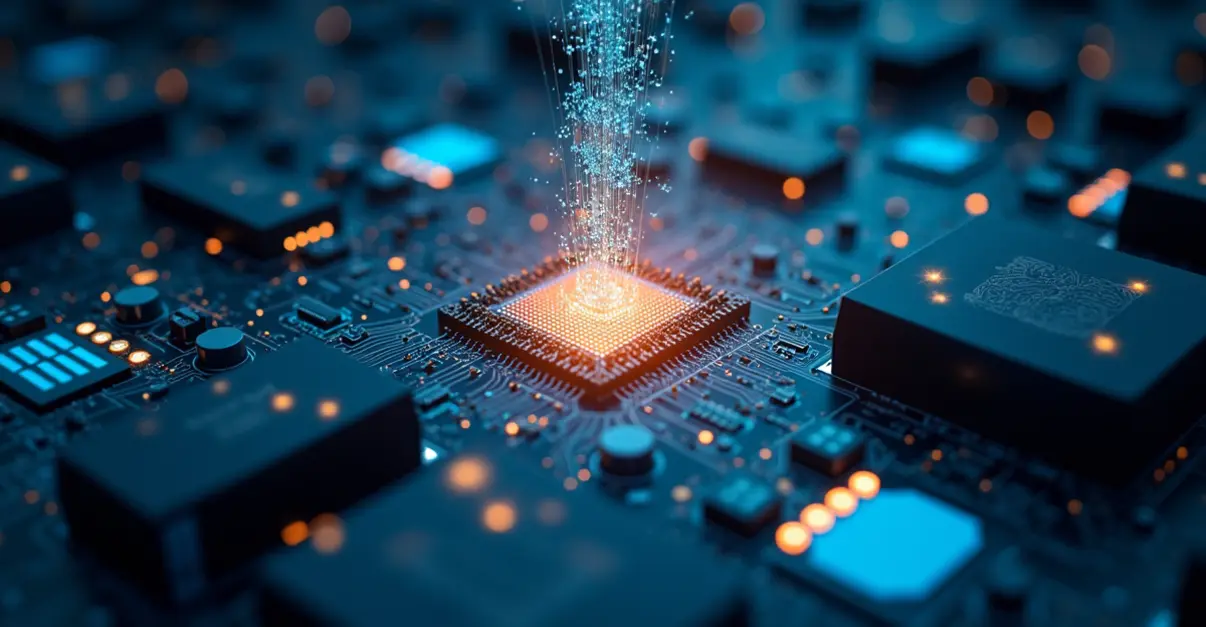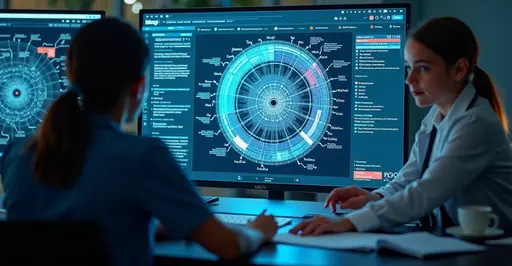
Tech Giants Join Forces for Quantum Breakthrough
IBM and AMD have announced a groundbreaking partnership to develop next-generation quantum computing architectures that combine quantum processors with high-performance computing systems. The collaboration aims to create quantum-centric supercomputing platforms that could redefine computational capabilities for solving the world's most complex problems.
The Quantum-HPC Convergence
The partnership brings together IBM's leadership in quantum computing technology and AMD's expertise in high-performance computing and AI accelerators. The companies plan to develop scalable, open-source platforms that integrate IBM's quantum computers with AMD's CPUs, GPUs, and FPGAs. This hybrid approach will enable different components of computational problems to be handled by the most suitable computing paradigm.
Technical Architecture and Vision
Quantum-centric supercomputing represents a revolutionary approach where quantum computers work in tandem with classical supercomputers. Quantum systems will handle complex simulations of atomic and molecular behavior, while classical systems powered by AI will manage massive data analysis tasks. The integration promises unprecedented speed and scale for applications in drug discovery, materials science, optimization, and logistics.
Fault-Tolerant Quantum Computing
The collaboration could accelerate IBM's vision of delivering fault-tolerant quantum computers by 2030. AMD's technologies show promise for providing real-time error correction capabilities, which are essential for reliable quantum computation. The companies plan an initial demonstration later this year to showcase hybrid quantum-classical workflows.
Industry Impact and Applications
This partnership builds on IBM's existing quantum initiatives, including recent collaborations with RIKEN in Japan and work with organizations like Cleveland Clinic and Lockheed Martin. The integration of quantum and classical computing resources could deliver valuable results for complex problems beyond the capabilities of classical computers alone.

 Nederlands
Nederlands English
English Français
Français Deutsch
Deutsch Español
Español Português
Português







